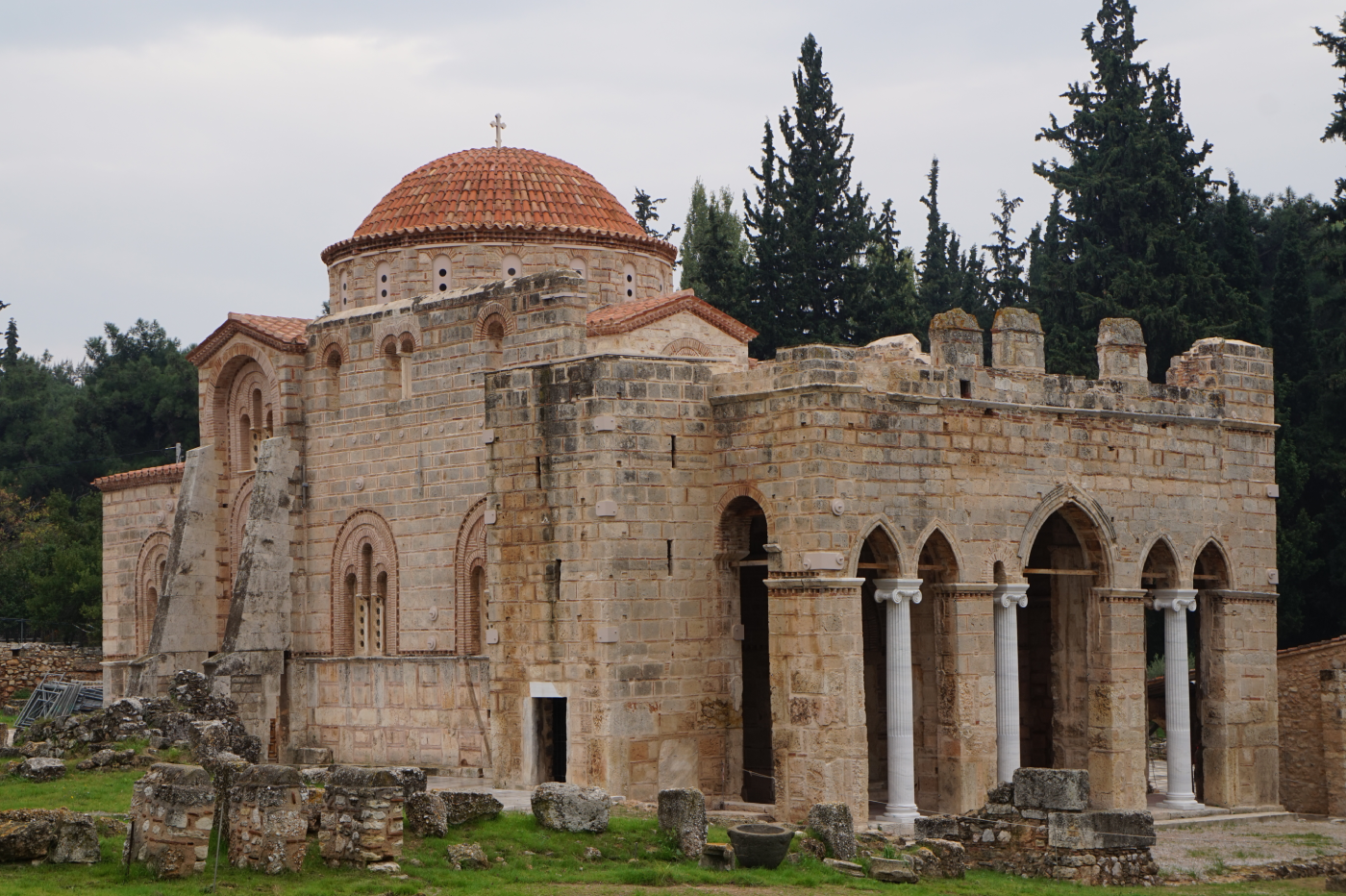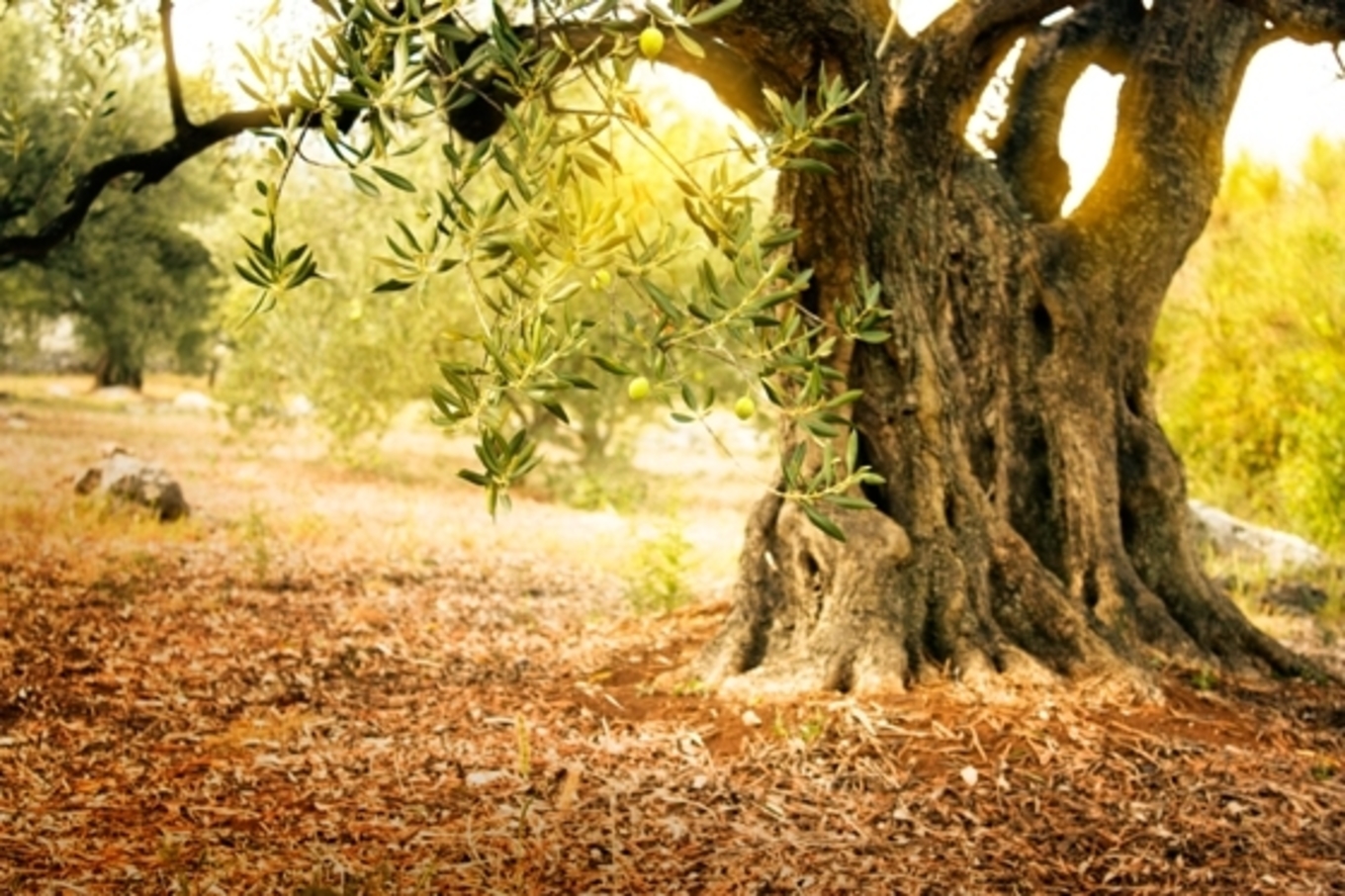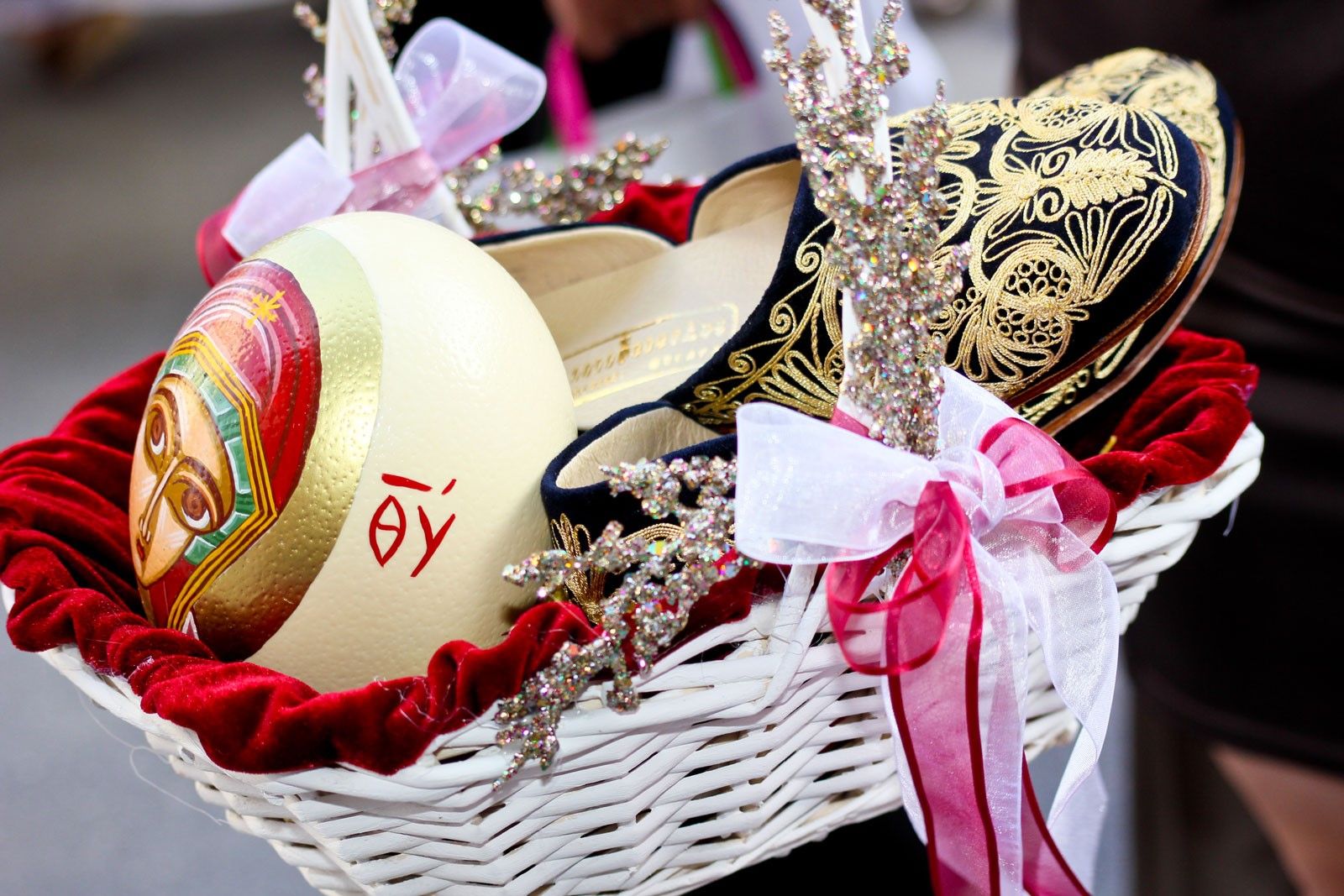Carnivals
Carnivals
Carnival: Celebration, masks and dance
Carnival is celebrated throughout Attica with fanciful dresses, dancing and singing. Although celebrated differently in various places, the same spontaneous joy is expressed everywhere.
A tale as old as time…
Carnival is a celebration as old as the gods of Mount Olympus, as mysterious as the masks of ancient drama (and as open to role-playing). In Greece, the disguises, satire, dances and songs are rooted in the ancient rites of Dionysus and were created by country folk who desired to challenge the forces of nature after a harsh winter and awaken the soil’s fertility. For this reason, carnival is a spring festival, marking nature’s rebirth.
According to Christian tradition, “carnival” is synonymous with abstaining from meat for the three weeks before Clean Monday. This is in preparation for the Great Lent (fasting), which begins immediately thereafter. Although the Greeks use “Apokria” to describe the carnival period, they also refer to “karnavali” (derived from Latin words “carne”, meat, and “vale”, farewell).
Carnival today…
Today, carnival means time for disguises, fun, practical jokes and escape from the daily routine, with all its challenges and stress.
In many areas of Greece (Attica, Galaxidi, Xanthi, Naoussa, Skyros, Veroia, Thebes, Amfissa, Kozani, Naxos, Rethymno, Chania, and especially Patras, which holds a large parade with colourful floats), old customs are revived and passed down faithfully to the next generation.
Experience Attica

A unique religious and architectural tour around Attica
The religious tradition of Greece and Attica is closely related...
Attica’s Destinations

The traditional olive harvest in Attica: an extraordinary experience in Attica’s nature!
It is the sacred tree of the goddess Athena, the...
Attica’s Destinations
Autumn

Customs and traditions in Attica: Live the most authentic experiences!
No matter where you are in Attica, no matter what...
Attica’s Destinations
Per season

